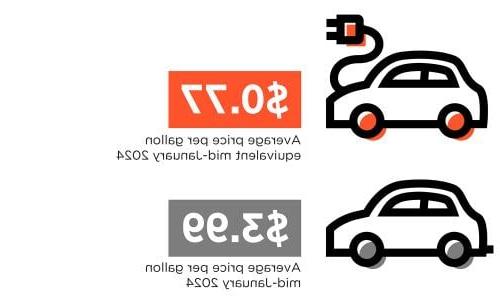The experience of driving a car today is much different than what drivers experienced in the 1950s. Cars had no seat belts, no airbags, and they traveled, on average, just 一加仑汽油跑15英里 的气体. Thanks to strong federal policies, cars today are safer, cleaner, and more efficient.
汽车工业, 然而, has a long history of fighting these same policies, resorting to exaggerated rhetoric, 错误信息, and political influence to undermine the public interest. And yet once the policies are implemented, they have managed at every turn to meet federal requirements with innovations that ultimately improve their products and benefit drivers.
In 2009, automakers seemed to turn over a new leaf as they began working with federal agencies to design new, flexible standards so that cars and trucks would consume less oil and emit less global warming pollution. 这些标准, 2012年开始实施, have worked well—but old patterns are repeating themselves. The industry’s trade groups are again trying to back out on promises they made to the American people.
是时候掉头了 looks at the tactics that automakers consistently deploy to fight against federal rules and standards that deliver better cars to the nation, 夸张之类的策略, 错误信息, 和影响. It also outlines concrete actions that automakers can take to leave behind their history of intransigence, and ensure that their industry rises to the challenges of the 21st century.




